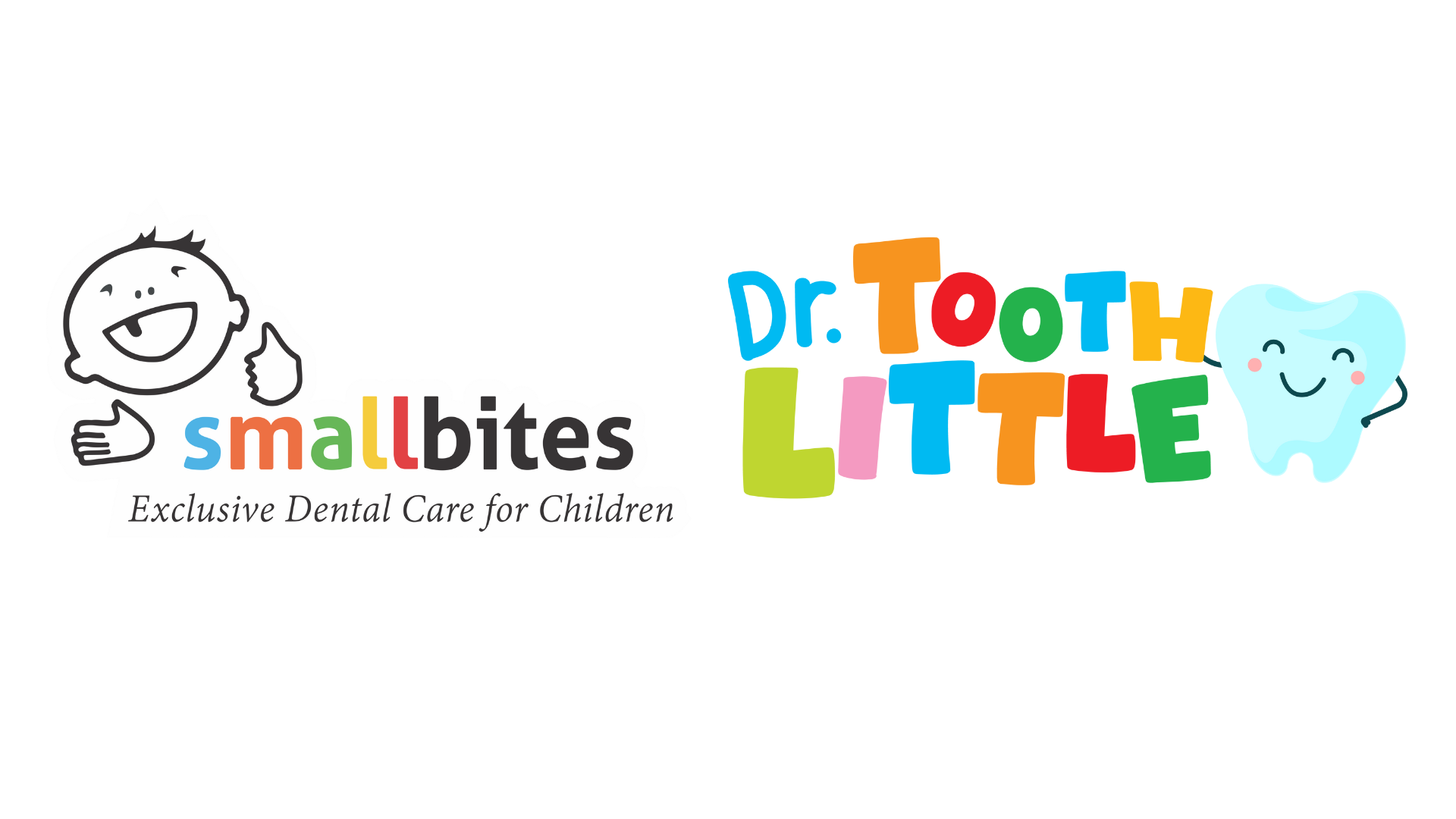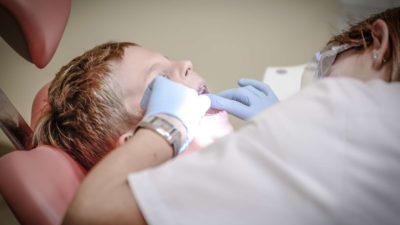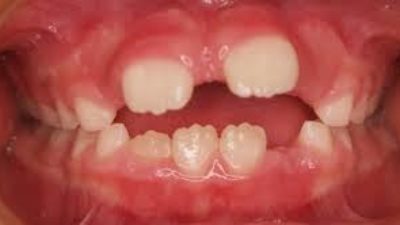Teeth and their appearance in children are such crucial developmental milestones, that parents spend a large portion of their time trying to see when they appear, worrying about delays and poring through literature on these for hours on end. A genuine worry is otherwise enormously magnified in parents who’s children have Downs Syndrome.
Children with Downs Syndrome have dental growth that is quite unusually delayed. Babies with Down’s get their first teeth only at 12-14 months or even as late as 24 months. They may not all appear in order and may have gum and mouth issues. Babies without Downs Syndrome get their teeth at 6-12 months and all of them by age 2-3 years.
As crucial as these milestones are, there are a few common problems afflicting the teeth of children with Down’s syndrome. Parents must be aware to ensure an effective and holistic dental plan that will take care of their oral health for life.
SMALL AND MISSING TEETH
Children with Down’s syndrome have smaller than average teeth, the roots of the teeth are shorter and are often stained or colored.
BITE PROBLEMS
Because teeth are small, they are haphazardly spaced out in these children. A smaller upper jaw can cause teeth to crowd and in turn impact formation of permanent teeth whenever they appear. This may result in the lower teeth jutting out further, not aligning with upper teeth and completing the bite. Continuous problems may lead to delayed speech or difficulty and other articulating issues.
GUM DISEASE
Periodontal or gum disease occurs very frequently in children with Downs Syndrome. Even though they might not have plaque or tartar, they frequently succumb because of lowered immunity and lack of natural protection against gum disease.
CAVITIES
As with periodontal disease, children are also prone to cavities a little more frequently. The fact that their teeth are ill-formed and grow haphazardly makes it easy for food to collect and that can lead to plaque and bad teeth.
HOW CAN I PREVENT DENTAL DISEASE?
Children with Downs Syndrome have to be given the same precaution as with kids in general. More than prevention and cure, parents must be aware of dental milestones and taking adequate care to ensure no problem arises, including plaque and caries. Limit frequency of sugars and chocolates, brush teeth twice daily with a fluoride toothpaste and ensure that the child is shown to the pediatric dentist as early as age 6 months with frequent checkups thereafter. A little care can go a long way in ensuring children avoid dental ailments.
If your child hasn’t seen the dentist yet and needs immediate attention with his teeth, contact us




